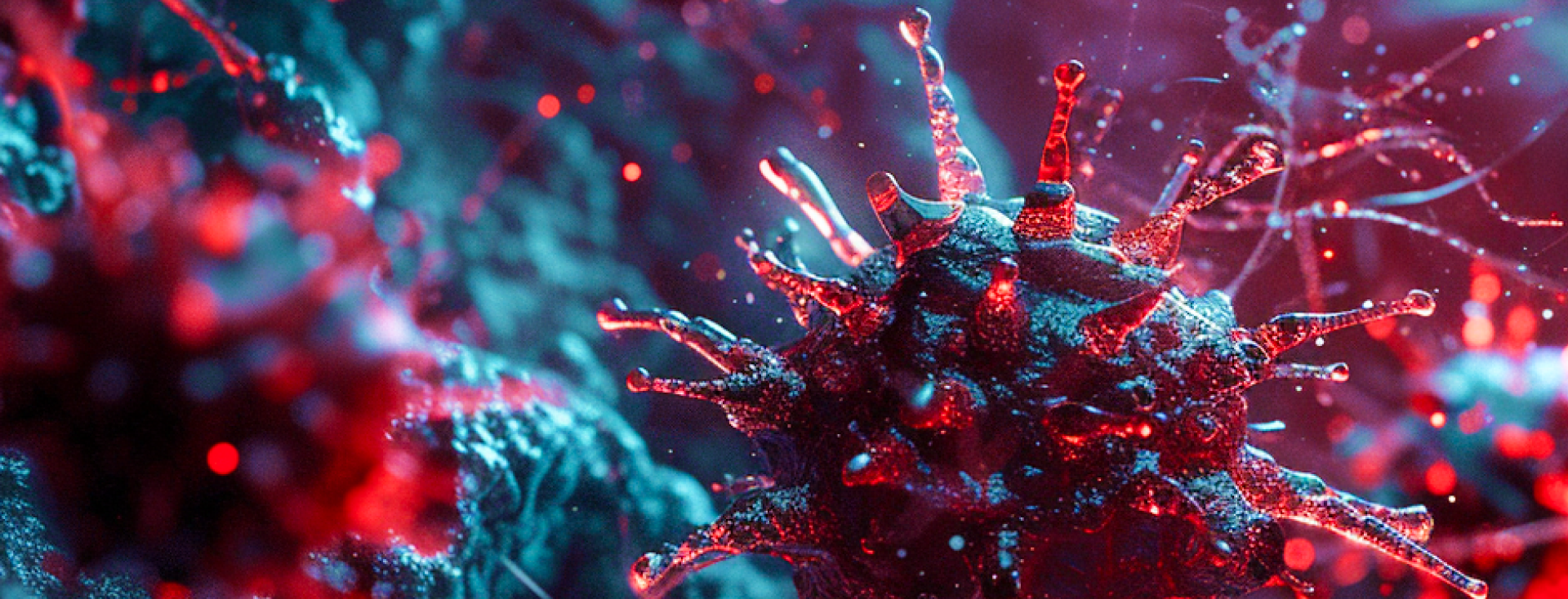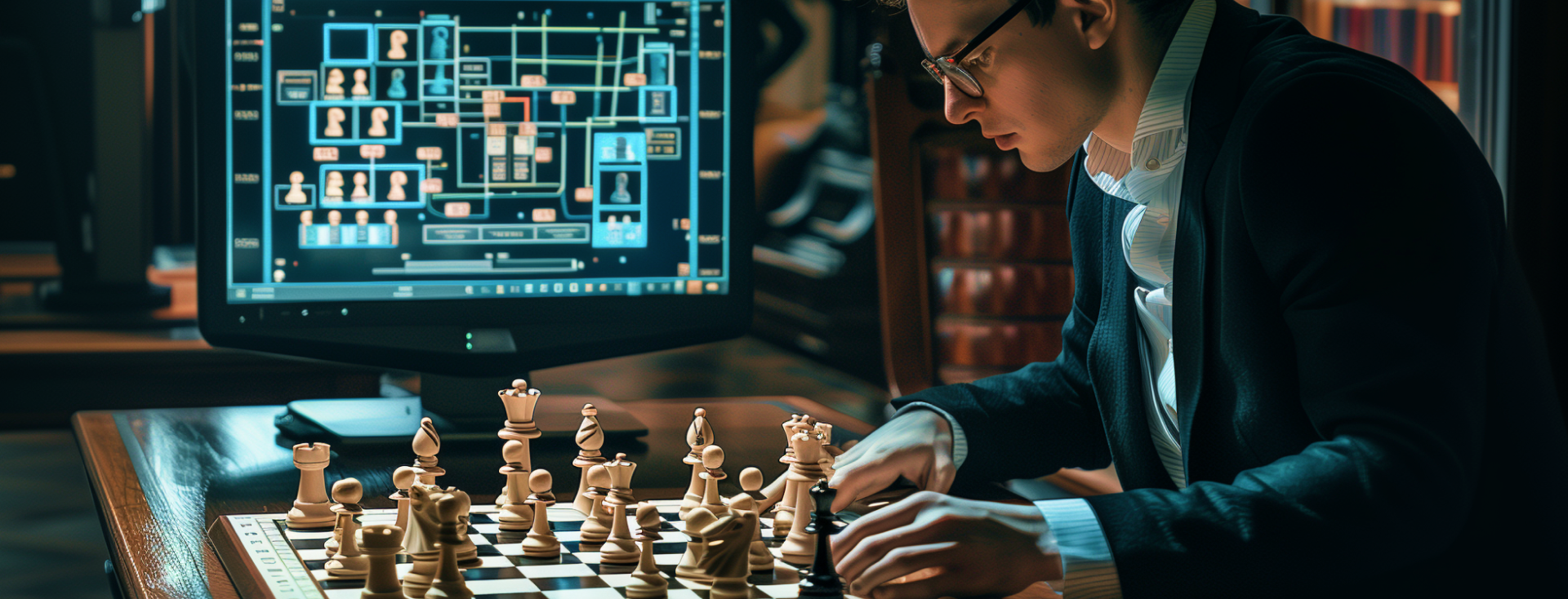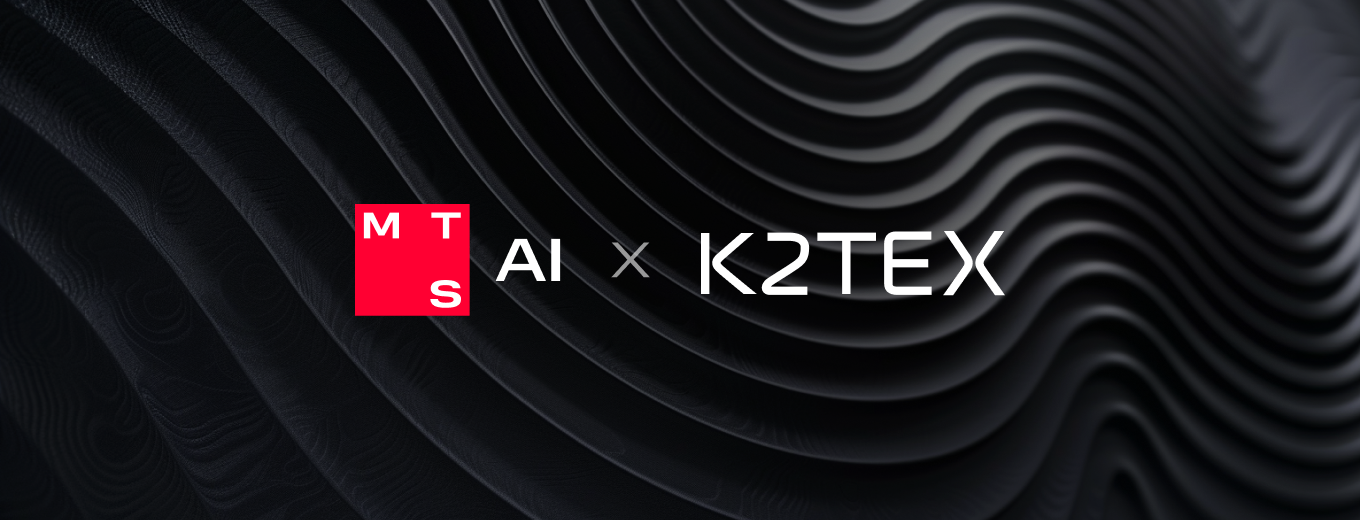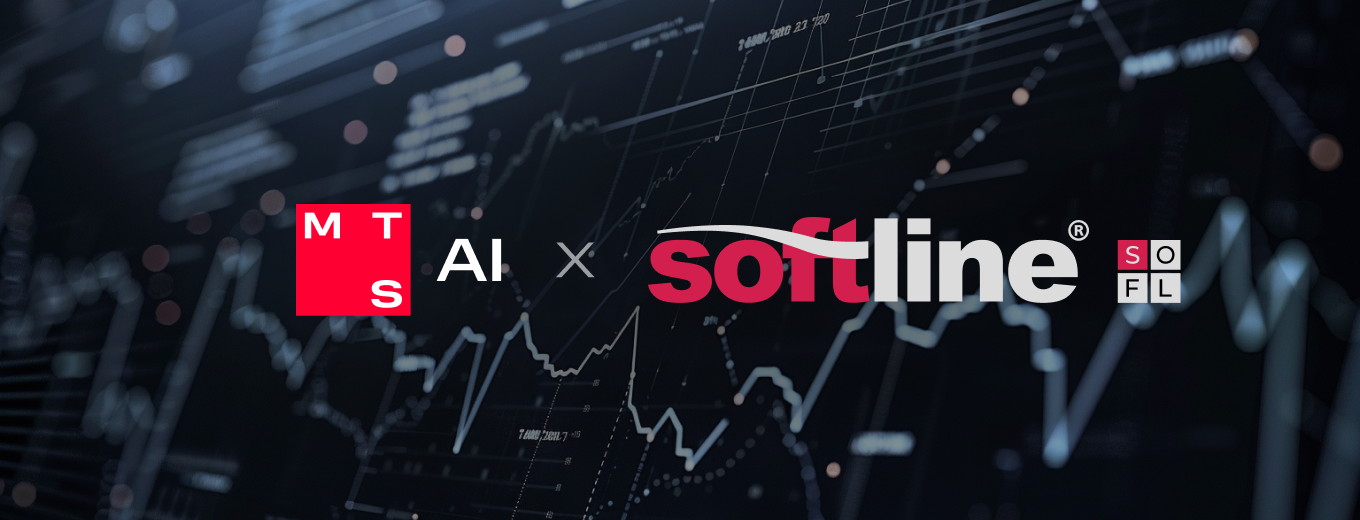After a short break, the #InfocusAI digest returns to you with a new batch of news from the AI world. You will learn what Google’s response is to OpenAI in terms of developing multimodal AI assistants, what success Chinese scientists have achieved in training AI doctors, and how autonomous robots can improve processes in air cargo transportation. And we will also talk about the innovative AI-based antivirus from Penza State University and the upcoming law on labelling of AI content in Russia.
AI-focused digest – News from the AI world
Issue 41, April 25 – May 16, 2024
Google presented its vision of AI assistants of the future
Following OpenAI that recently introduced to the world new ChatGPT capabilities based on its GPT-4o multimodal model, at the annual Google I/O conference, Google demonstrated their vision of a new generation of AI assistants, which is implemented as part of the project called Project Astra. Like GPT-4o-based ChatGPT, the prototype of the future AI assistant from Google is able to see through the cameras of devices, understand objects and scenes, and talk about what it sees with users in natural language using different intonations. For example, it recognised the London area from the office window, read and analysed the code from the monitor, and answered questions regarding the components of the computer speaker. According to the developer’s blog, some of the new advanced AI assistant features will be available in the Google products later this year. You can learn more about Project Astra and opinions about the move towards multimodal universal AI assistants from this article on WIRED.
Chinese scientists have trained AI doctors to successfully treat AI patients
Scientists from Tsinghua University have published the results of interesting experiments to improve the abilities of AI agents in solving problems related to medical care. In an effort to answer the question of whether social simulation can improve the performance of AI agents on specific tasks, they created a simulation of a hospital with almost all the medical care processes. In this environment, AI agents, i.e., physicians and nurses, learned to treat patients (also AI agents) using the MedAgent-Zero method, i.e., through self-development based on positive and negative experiences, with no manually labeled data utilised. The scientists’ experiments showed a constant improvement of doctor agents’ performance in treatment of patient agents. After serving about 10,000 AI patients, AI doctors managed to achieve 93.06% accuracy on a subset of the MedQA dataset covering major respiratory diseases. It is noted that the knowledge acquired by AI agents in simulation is quite applicable for real world medical care.
Scientists from Penza have created an antivirus with AI
Penza State University has developed an antivirus with a neural network under the hood. It is capable of using neurosignature and neural network analysis to catch Trojan horses, as well as software that illegally collects personal data and uses computer resources. This is reported by Izvestia. Also, one of the features of this smart security software is that it does not require a constant Internet connection. So far, there is an antivirus version for Windows only. It is assumed that it will be available by subscription for both private users and companies. Its certification is planned for November.
Innovative developments for air cargo transportation presented in Munich
And how do we do without robots? Though not humanoid ones this time… Recently, autonomous robots for various processes related to air cargo transportation attracted lots of attention from the industry mass media. The reason is the demonstration at Munich Airport of the first successful results of the DTAC (Digital Testbed Air Cargo) project aimed at optimising and increasing the efficiency of the entire air cargo transportation chain using innovative technologies. The project is implemented by the Fraunhofer Institute for Material Flow and Logistics in collaboration with the Frankfurt University of Applied Sciences and a number of other partners with financial support from the German Federal Ministry for Digital and Transport. Among the most interesting developments demonstrated were the Spot robot dog from Boston Dynamics for patrolling warehouses and a number of autonomous robots from Fraunhofer IML for cargo movement. To learn more, go to Airports International.
A law on labelling AI content to appear in Russia
Finally, there is another piece of news from the Russian Federation. Following other countries, Russia is preparing a bill on labelling content generated by neural networks. According to RIA Novosti, the State Duma is already studying international experience, consulting with experts and developing a concept for a new law. There are no significant details about the possible content of the document being prepared yet, only opinions. You can review them here.












